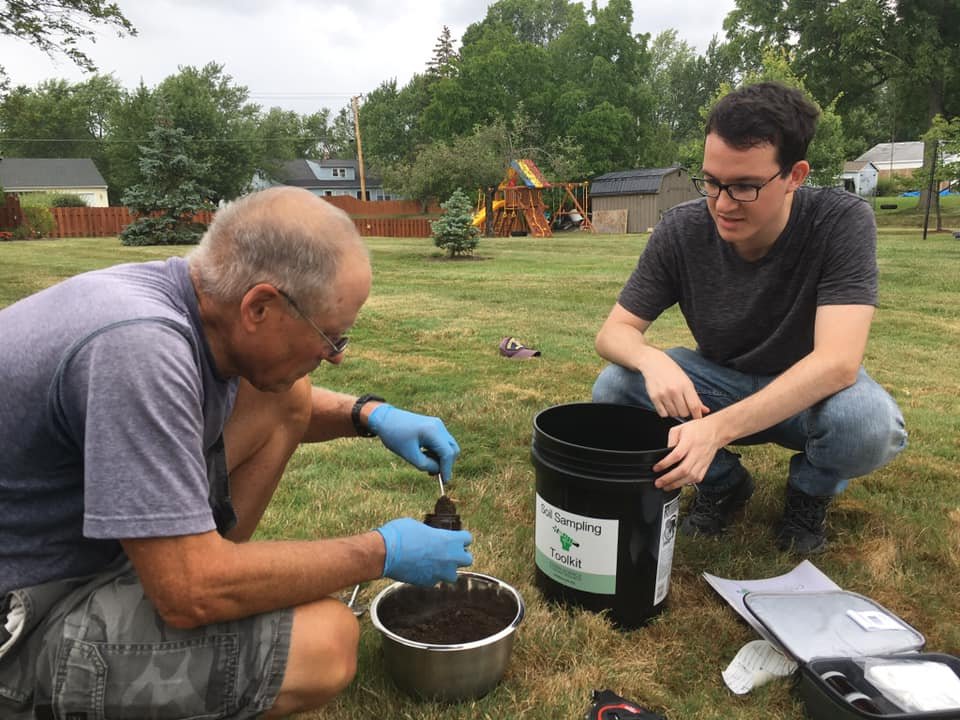After we extracted the surface soil from many nearby properties, we sent the samples to a local EPA certified laboratory, called Eurofins. We found many of the same chemicals as our friends did in Birmingham, Al. The class of chemicals we found are called polycyclic aromatic hydrocarbons (PAH). PAH’s are very toxic substances and many cause cancer. The first thing we did was to share the results with the homeowners. After we got their approval to share their data (deidentified, meaning addresses and names were removed), we shared the data with the scientists at the New York State Department of Environmental Conservation (NYS DEC), the EPA, and then the media. We held a press conference, and called on the NYS DEC and EPA to take action. We wanted a thorough investigation. These results were very similar as our friends in N. Birmingham, and they had their soil remediated. We thought, what is good for them must be good for us here in Tonawanda. We were wrong. The EPA and DEC did nothing. We were angry and felt like giving up, but we didn’t give up.
Citizen Scientists extract soil from a garden.
In the meantime, Tonawanda Coke was in a long court battle over breaking many environmental laws in US District Court. Using the data obtained from our soil testing, we submitted a project proposal to the judge on the case, Hon. William Skretny. When the official sentence was finally delivered on March 19, 2014, Tonawanda Coke Corporation was ordered to fund our soil study in the amount of $711,000. (update). The remainder of the sentence included an $11 million Health Study also funded by TCC, $12.5 million in company fines, and a 1 year and 1 day prison term for Mark Kamholz, TCC’s environmental manager.
This was the first time in history a federal Judge ordered community service projects as a term of probation against a company. Additionally, the sentence included one of the largest fines ever levied in a federally prosecuted environmental case.
Citizen Science allowed us to finally secure the funding we needed to conduct our own soil study. A big win for our community and for citizen science.

